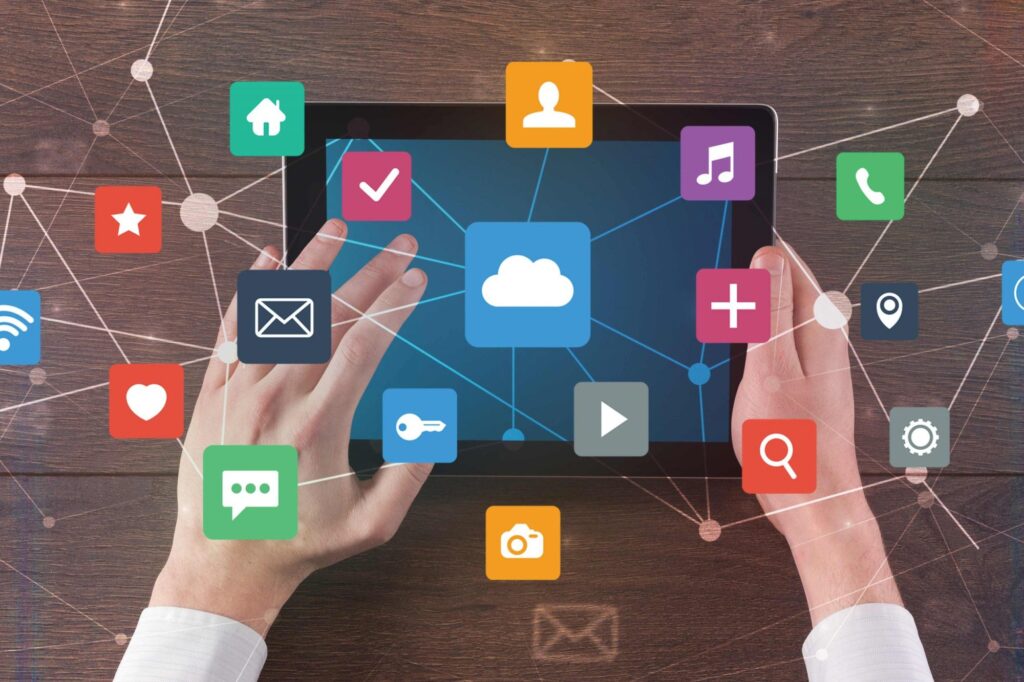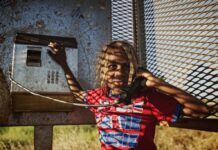What’s driving your social media use?
These days, most of us access social media via our smartphones or tablets. While this makes it very convenient to keep in touch, it also means that social media is always accessible. This round-the-clock, hyper connectivity can trigger impulse control problems, the constant alerts and notifications affecting your concentration and focus, disturbing your sleep, and making you a slave to your phone.
Social media platforms are designed to snare your attention, keep you online, and have you repeatedly checking your screen for updates. It’s how the companies make money. But, much like a gambling compulsion or an addiction to nicotine, alcohol, or drugs, social media use can create psychological cravings. When you receive a like, a share, or a favorable reaction to a post, it can trigger the release of dopamine in the brain, the same “reward” chemical that follows winning on a slot machine, taking a bite of chocolate, or lighting up a cigarette, for example. The more you’re rewarded, the more time you want to spend on social media, even if it becomes detrimental to other aspects of your life.
Other causes of unhealthy social media use
A fear of missing out (FOMO) can keep you returning to social media over and over again. Even though there are very few things that can’t wait or need an immediate response, FOMO will have you believing otherwise. Perhaps you’re worried that you’ll be left out of the conversation at school or work if you miss the latest news or gossip on social media? Or maybe you feel that your relationships will suffer if you don’t immediately like, share, or respond to other people’s posts? Or you could be worried you’ll miss out on an invitation or that other people are having a better time than you.
Many of us use social media as a “security blanket”. Whenever we’re in a social situation and feel anxious, awkward, or lonely, we turn to our phones and log on to social media. Of course, interacting with social media only denies you the face-to-face interaction that can help to ease anxiety.
Your heavy social media use could be masking other underlying problems, such as stress, depression, or boredom. If you spend more time on social media when you’re feeling down, lonely, or bored, you may be using it as a way to distract yourself from unpleasant feelings or self-soothe your moods. While it can be difficult at first, allowing yourself to feel can open you up to finding healthier ways to manage your moods.
The vicious cycle of unhealthy social media use
Excessive social media use can create a negative, self-perpetuating cycle:
- When you feel lonely, depressed, anxious, or stressed, you use social media more often—as a way to relieve boredom or feel connected to others.
- Using social media more often, though, increases FOMO and feelings of inadequacy, dissatisfaction, and isolation.
- In turn, these feelings negatively affect your mood and worsen symptoms of depression, anxiety, and stress.
- These worsening symptoms cause you to use social media even more, and so the downward spiral continues.

Signs that social media is impacting your mental health
Everyone is different and there is no specific amount of time spent on social media, or the frequency you check for updates, or the number of posts you make that indicates your use is becoming unhealthy. Rather, it has to do with the impact time spent on social media has on your mood and other aspects of your life, along with your motivations for using it.
For example, your social media use may be problematic if it causes you to neglect face-to-face relationships, distracts you from work or school, or leaves you feeling envious, angry, or depressed. Similarly, if you’re motivated to use social media just because you’re bored or lonely, or want to post something to make others jealous or upset, it may be time to reassess your social media habits.
Indicators that social media may be adversely affecting your mental health include:
Spending more time on social media than with real world friends. Using social media has become a substitute for a lot of your offline social interaction. Even if you’re out with friends, you still feel the need to constantly check social media, often driven by feelings that others may be having more fun than you.
Comparing yourself unfavorably with others on social media. You have low self-esteem or negative body image. You may even have patterns of disordered eating.
Experiencing cyberbullying. Or you worry that you have no control over the things people post about you.
Being distracted at school or work. You feel pressure to post regular content about yourself, get comments or likes on your posts, or respond quickly and enthusiastically to friends’ posts.




























